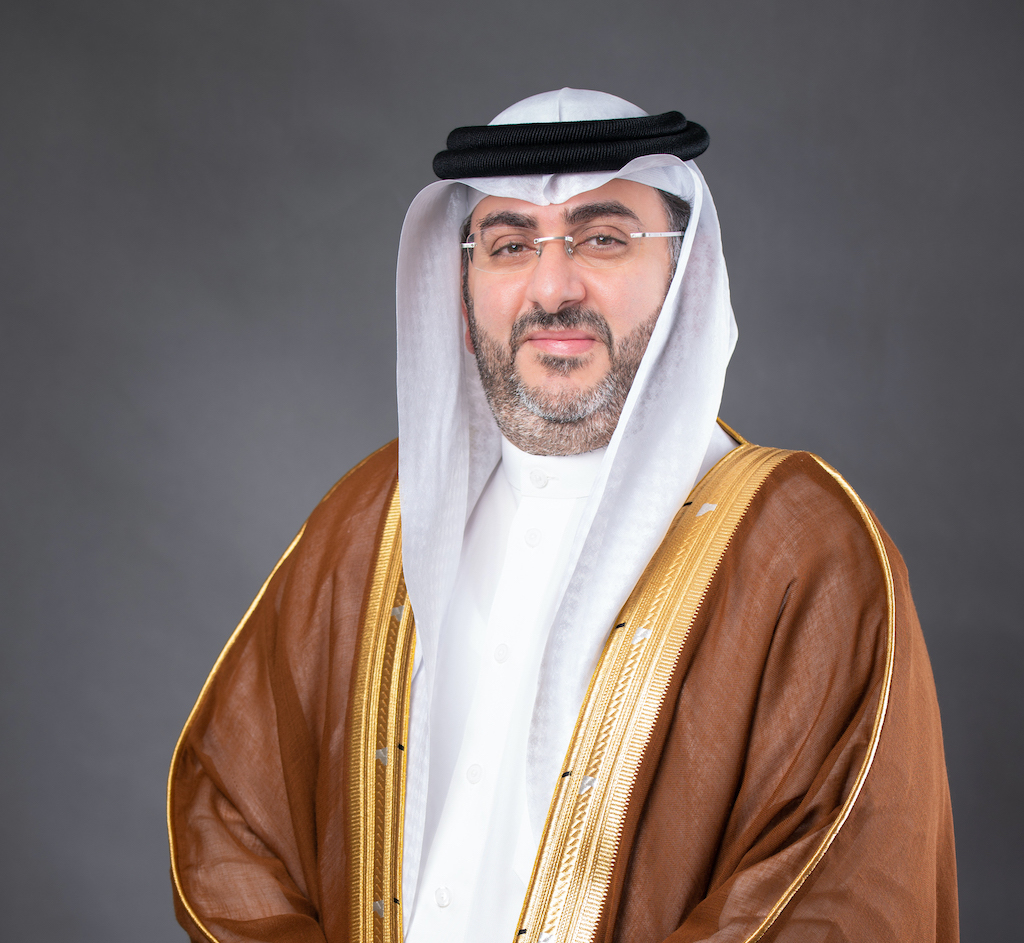Chief Executive Officer of the Labour Market Regulatory Authority (LMRA), H.E Mr. Jamal Abdulaziz AlAlawi, extended his sincere congratulations and blessings to His Majesty King Hamad bin Isa Al Khalifa, HRH Prince Salman bin Hamad Al Khalifa, the Crown Prince and Prime Minister, and to HRH Princess Sabeeka bint Ibrahim Al Khalifa, consort of His Majesty the King and President of the Supreme Council for Women (SCW), on the occasion of Bahraini Women’s Day coinciding this year with the 20th anniversary of the founding of the SCW.
LMRA CEO praised the great historical legacy that Bahraini women established through her sustainable presence in various fields of work and her active participation in the national building processes of the modern Bahraini civil state, established according to the rules and principles based on justice and equality in rights and duties among citizens, in addition to the SWC adoption, on the 20th anniversary of its founding, of the title “Bahraini Women in National Development… A Journey of Advancement in a Giving Country” as a theme to celebrate this occasion.
AlAlawi highlighted the fact that Bahraini women presented the most wonderful examples in the course of national action in continuation of the firm approach laid down by His Majesty King Hamad bin Isa Al Khalifa, through His Majesty’s reform project, and achieved several exceptional successes that embodied their true contribution to the country’s renaissance and progress, as being one of the cornerstones of the comprehensive development process that the Kingdom of Bahrain is witnessing.
AlAlawi said, “The LMRA, under the umbrella of gender equality and the promotion of equal opportunities among its employees in various directorates, and within the procedures for recruitment, training, scholarships, job promotion and ensuring the integration of working women’s needs are taken into account, has contributed to achieving high rates in the institutional performance index measurement model related to the involvement of working women.” H.E Mr. AlAlawi stated that “the percentage of female employment reached (55%) compared to male workers”, ranging in various positions, from leadership positions and decision-making positions to various job grades, adding that “The LMRA has worked hard to take special measures to accelerate the empowerment of women in the “labour market regulation” society through activating the Equal Opportunities Committee, which took the recommendations of the National Committee to follow up on the implementation of the national model for integrating the needs of women in development as a reference.
AlAlawi expressed his pride in the Bahraini women’s rich record and the multiple achievements recorded in the first national report to measure gender balance in the Kingdom of Bahrain, which highlighted the great role of the Bahraini women’s empowerment file in creating an ideal balance in the Bahraini society, while praising the effectiveness and impact of the policies, legislations and national plans adopted in achieving the indicators of the national plan for the advancement of Bahraini women, and explaining that citing approved scientific methodologies, indicators and international reports in the field of women’s advancement, which took into account the specificity of the Kingdom of Bahrain in this context, contributed to the success of measuring national efforts and issuing an integrated report that highlighted Bahrain’s efforts to bridge the gap between men and women.
AlAlawi stressed that Bahraini women are the real wealth and perpetual bet for Bahrain’s bright future, and that LMRA seeks to create a balanced and stimulating environment for women, which contributes to their continuous development by adapting best practices in line with the privacy of society, in accordance with the frameworks and mechanisms defined by the supporting legislative environment, starting with the constitution, to a series of systems, regulations, and laws regulating women’s work, which ensured equal opportunities for women in various sectors.

